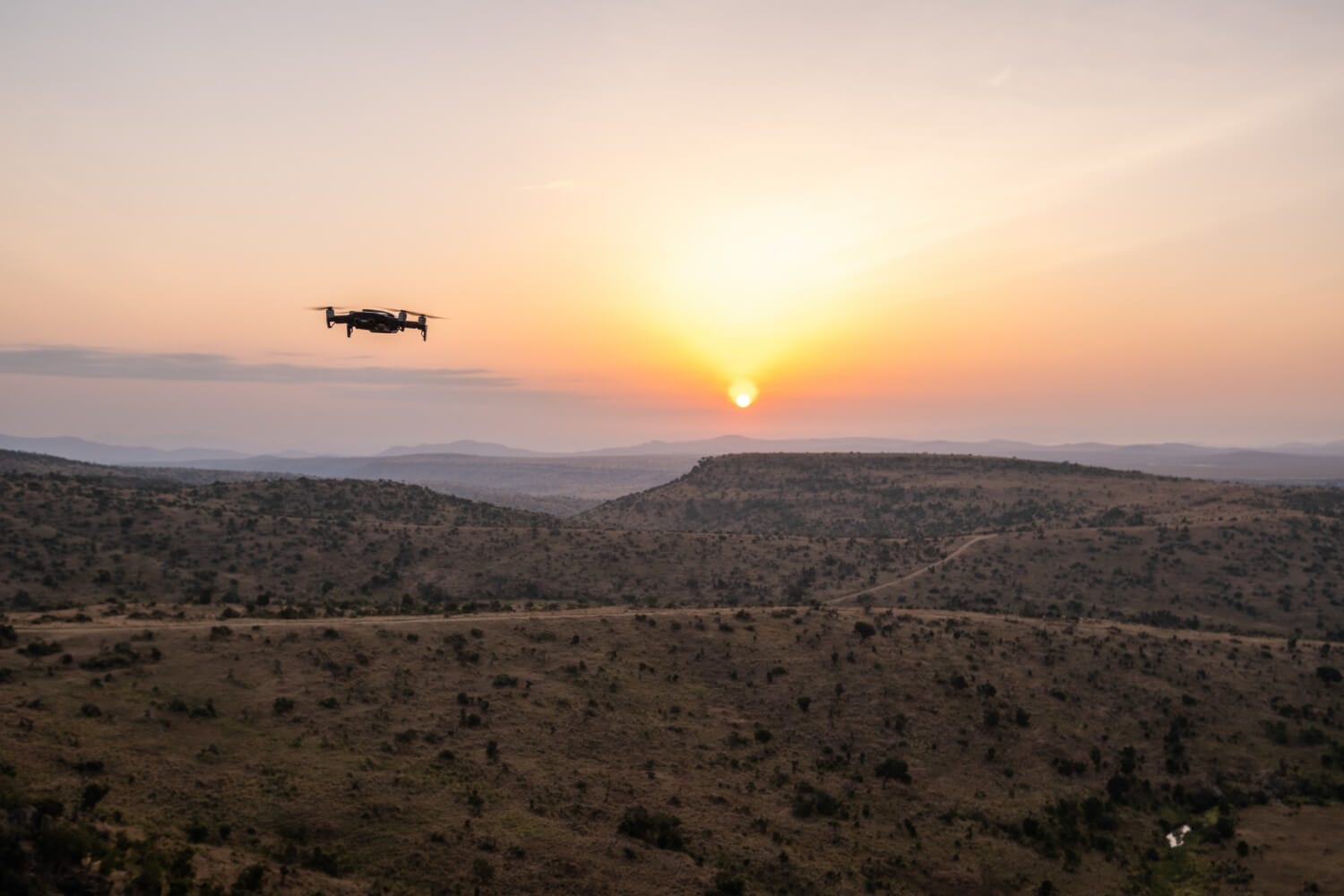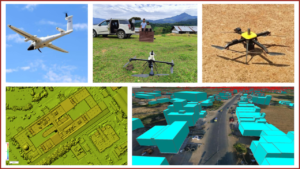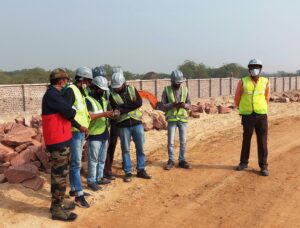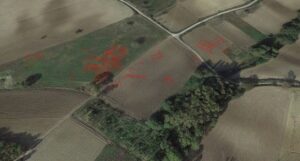As technology advances, drone delivery systems are emerging as a transformative force in logistics and transportation. With India’s vast geography, diverse terrain, and increasing demand for faster, more efficient delivery services, the future of drone delivery systems holds immense potential. Companies like Garud Survey Private Limited are at the forefront of this innovation, poised to leverage drone technology to solve logistical challenges and reshape the delivery landscape in India.
1. The Current Landscape of Drone Delivery in India
Drone technology in India has grown significantly, especially after the Indian government’s Drone Rules 2021, which simplified the legal framework and encouraged private and commercial use of drones. These regulations have led to an increase in drone usage across various industries, including agriculture, healthcare, infrastructure, and logistics. However, while sectors like agriculture and surveillance have seen widespread drone application, drone delivery is still in the nascent stages, facing challenges related to infrastructure, regulations, and public acceptance.
With recent advancements, several pilot projects in India have successfully demonstrated the viability of drone deliveries. Drones have been used to deliver critical medical supplies, vaccines, and life-saving equipment to remote and inaccessible areas. This has showcased the potential of drones to bridge logistical gaps, especially in rural regions.
2. Advantages of Drone Delivery Systems in India
The potential benefits of drone delivery systems are transformative, especially in a country like India, where timely and efficient logistics can face significant hurdles due to terrain, traffic congestion, and population density. Key advantages include:
- Speed and Efficiency: Drones can bypass road traffic and geographic obstacles, providing faster delivery times, particularly for last-mile delivery. This can be especially advantageous in congested urban areas or remote locations where conventional transport methods are inefficient.
- Reduced Carbon Footprint: Drone delivery systems, often powered by batteries, offer an eco-friendly alternative to fuel-based vehicles, reducing the overall carbon footprint of logistics operations.
- Cost Savings: In the long run, the automation and scalability of drone delivery could reduce labor costs, fuel expenses, and other operational expenses, making it a cost-effective solution for companies and customers.
- Accessibility: Drones can reach areas that traditional delivery vehicles cannot, providing essential supplies to remote villages, disaster-stricken areas, and places cut off by floods or other natural barriers.
3. Challenges to Overcome
Despite the promising advantages, several obstacles need to be addressed to fully integrate drone delivery systems in India.
- Regulatory Compliance: While the Drone Rules 2021 marked a positive step, there is still a need for streamlined regulatory guidelines that ensure safety, data privacy, and control over drone operations. Government and private sector collaboration will be essential in developing policies that promote innovation while ensuring public safety.
- Technical Limitations: Current drones have limitations in terms of payload capacity, battery life, and range. To scale drone delivery operations, companies need to invest in advanced drones with greater range and endurance.
- Public Acceptance: The presence of drones in the skies might raise concerns related to privacy, noise pollution, and security among the public. Ensuring transparency and addressing public concerns will be crucial for widespread acceptance of drone delivery services.
- Infrastructure Requirements: Drone delivery will require new infrastructure, such as drone ports, charging stations, and efficient air traffic management systems. India will need to build this infrastructure to support the growth of drone-based logistics.
4. The Role of Garud Survey Private Limited in Shaping the Future
Garud Survey Private Limited is well-positioned to play a leading role in the development of drone delivery systems in India. Leveraging expertise in drone technology and a commitment to innovation, Garud Survey can contribute by:
- Research and Development: Investing in R&D to develop drones with enhanced payload capabilities, longer flight durations, and efficient navigation systems suited to India’s unique terrains.
- Partnerships with E-commerce and Healthcare Sectors: Collaborating with e-commerce companies, healthcare providers, and government agencies to create pilot programs that showcase the benefits of drone delivery.
- Advocacy for Regulatory Reform: Working with regulatory bodies to create policies that facilitate the safe, effective, and responsible use of drones in delivery services.
- Training and Skill Development: Preparing a workforce skilled in drone operation, maintenance, and logistics to support the growing demand for drone services.
5. The Road Ahead
The future of drone delivery systems in India looks promising as technological advancements, regulatory support, and public awareness continue to evolve. In the coming years, we can expect drones to become a regular part of the logistics chain, enhancing the speed and efficiency of deliveries across urban and rural areas.
By tackling challenges through strategic planning and investment, Garud Survey Private Limited can help pioneer this new age of logistics in India, making drone delivery an integral part of the country’s infrastructure. As public acceptance grows and the regulatory environment continues to adapt, drone delivery systems will not only transform logistics but also create opportunities for a cleaner, more connected, and more resilient India.
Conclusion
Drone delivery systems hold the potential to redefine the logistics industry in India, offering solutions that align with the country’s need for efficiency, cost-effectiveness, and accessibility. With companies like Garud Survey Private Limited leading the charge, India is poised to harness the full potential of drone technology, paving the way for a future where drones play a central role in delivering goods and services to every corner of the country. The journey may be challenging, but the possibilities are boundless, and the impact on Indian logistics could be revolutionary.




